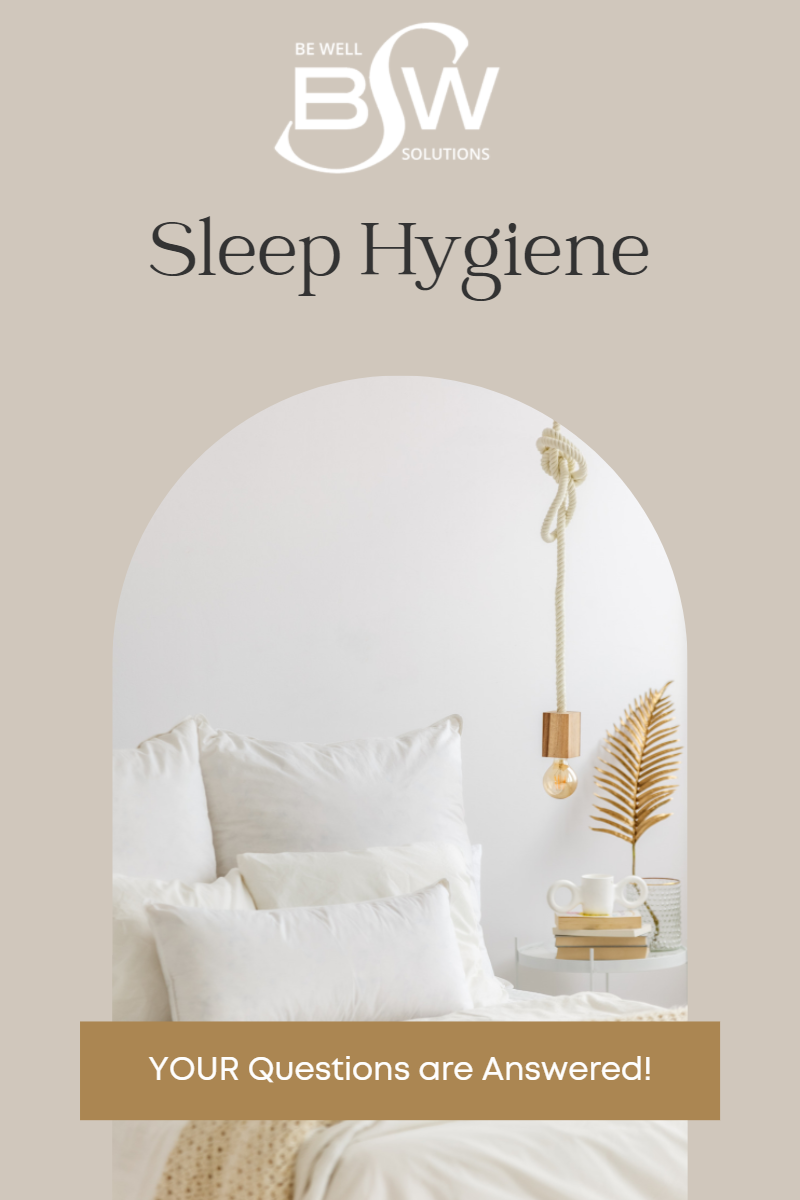
Had to finish the book, lost down the social media rabbit hole, or “I just can’t sleep”. Any of these sound familiar? People have so many things that occupy their time now, that sleep might be an afterthought for many. But activity at the cost of sleep is a mistake. Many people fail to realize that the 25-35% of each day we spend sleeping is productive, and crucial to living an energetic and successful life. Like our diet and exercise habits, it can be difficult to make sleep a priority. Sleep gives our body and mind the chance to repair, rebuild and recover from the events of our daily life. While you sleep, your body repairs itself from the stress of the day.
A productive night’s sleep helps our body in several ways:
- Renews energy.
- Boosts the immune system and promotes general health. Sleep deprivation may contribute to an increased risk of infections and other conditions, including heart disease.
- Balances our appetites by helping to regulate hormones that play a role in our feelings of hunger and fullness. When we’re sleep deprived, we may feel hungry more often.
- Lack of proper sleep contributes to impaired memory and thinking, increased number of work-related accidents, and is a major risk factor for depression and anxiety problems.
Do adults need to sleep 8 hours a night?
Not necessarily. The amount of sleep adults need to be alert throughout the day varies from one person to another. Studies suggest that adults who sleep 6-8 hours a night have the lowest death rates. However, it’s not clear if sleeping more or less causes health problems or if this is a symptom of other health issues. There are many factors that contribute to the amount of sleep you need each day. Although each person may have unique requirements, approximately 95% of adults require 7-9 hours of sleep each night. Not only do people differ in the amount of sleep they need but an individual’s needs may be different at different times in their lives.
Use the following guidelines of general sleep requirements for you and your family.
- Infants: 16 hours of sleep
- Toddlers: between 12-14 hours of sleep
- Preschoolers: between 11-13 hours of sleep
- School-Age Children: about 10-11 hours of sleep
- Teenagers: about 9-10 hours of sleep
- Adults: 7-9 hours of sleep
Can exercising help me sleep better?
Regular exercise reduces stress and, in turn, generally improves sleep. Exercising can help you sleep more soundly and help you feel more energized throughout the day. When looking at how your exercise routine impacts your sleep, consider the following:
- Aim for at least 30 minutes of exercise a day. If 30 minutes at one time seems like too much, break it up into 10-minute increments.
- Exercising vigorously within three hours before going to bed can make it harder to fall asleep, so get your exercise in as early as you can.
- Morning exercise can relieve stress and improve your mood which can indirectly improve sleep.
How do my eating habits affect my sleep?
Your nutrition and eating habits may have more of an impact on your sleep and sleep habits than you realize. When looking at your eating habits and how they may affect your quality of sleep, consider the following:
- Alcohol may initially help you fall asleep, but it prevents you from getting quality and restful sleep.
- Caffeine is a stimulant that takes about 6 hours to leave your system. It may keep you awake if you drink it too close to when you need to sleep.
- Fatty foods such as fried foods or red meat may cause heartburn that will keep you up when you want to sleep.
- Large or spicy meals before bedtime, especially those that may cause indigestion, may make it more difficult for you to fall or stay asleep.
Should I stay in bed when I can’t sleep?
It is better to get out of bed when you wake up in the middle of the night wide awake. Instead of lying in bed, go to another room and do something that is relaxing until you are tired again.
Continue reading August 2021 Newsletter: Caffeine and Health
